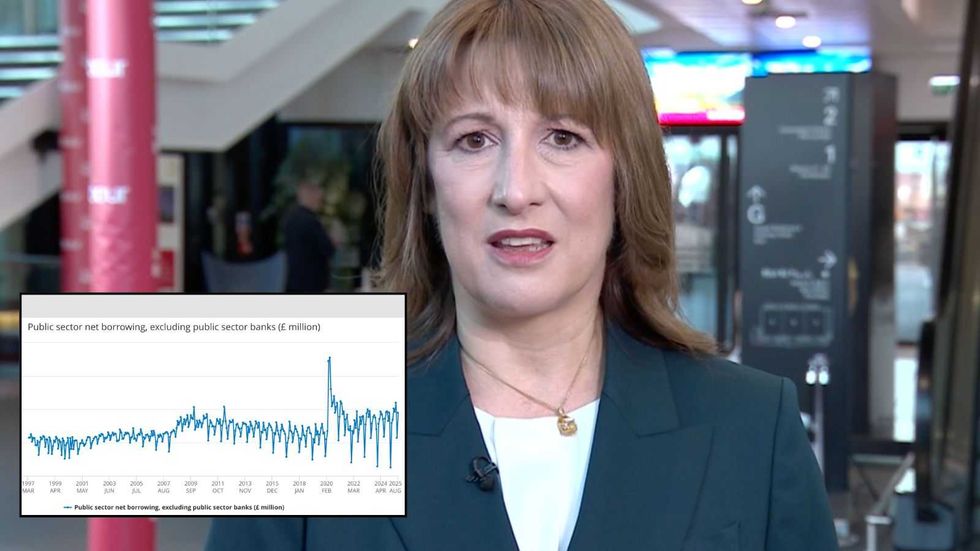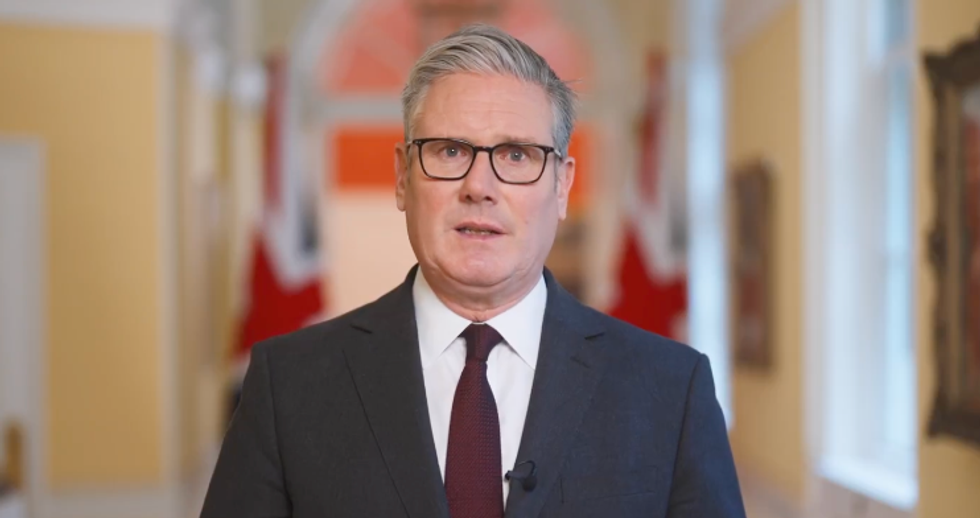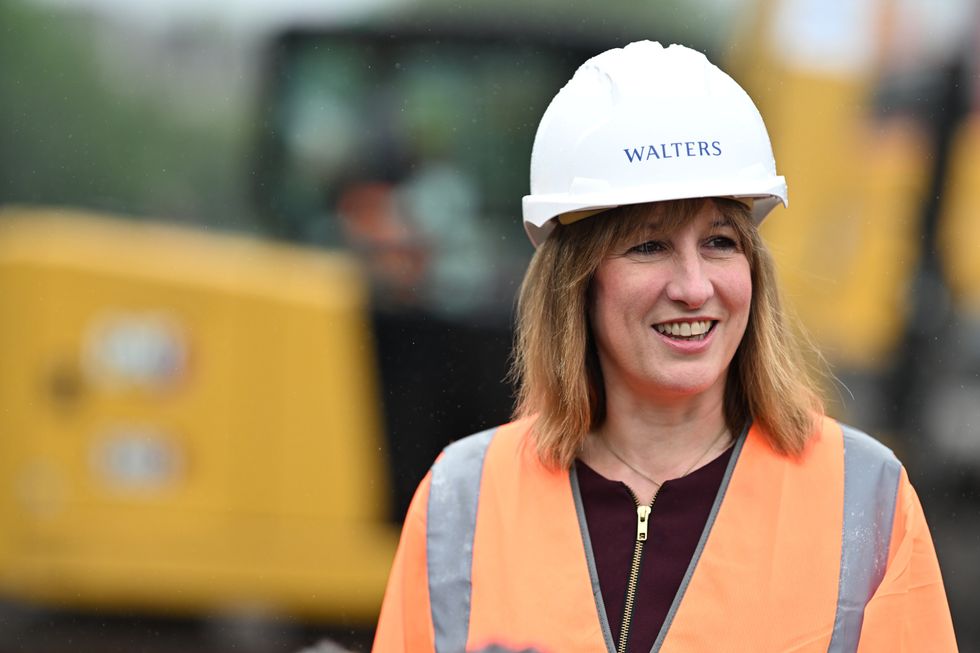Chancellor Rachel Reeves has defended the Government’s fiscal record this morning, emphasising pride in what has been achieved in 15 months despite weak growth and rising public debt.
Speaking on BBC 5 Live, Ms Reeves said she is “proud of what we’ve achieved in these first 15 months” but accepted “there is more to do”.
She cited “the fastest growing economy in the G7”, five cuts to interest rates, trade deals and rising wages as evidence of progress.
Her comments come ahead of her announcement in Liverpool on Universal Credit eligibility for young job seekers.
However, official data points to a more mixed picture. In the three months to July, output grew by just 0.2 per cent over the prior quarter.
The Organisation of Economic Co-operation and Development (OECD) said the UK’s “tighter fiscal stance”, higher taxes and reduced government spending, would weigh heavily on growth, which is set to slow from 1.4 per cent this year to just one per cent in 2026.
Economists also predict inflation will surge, leaving Britain with the highest level among the G7 group of advanced economies in 2024.
Meanwhile, borrowing and debt levels are elevated. Public sector net debt excluding public sector banks was estimated at 96.4 per cent of GDP at the end of August 2025 — 0.5 percentage points higher than a year earlier.

Borrowing in the first four months of the new fiscal year is also running high: £60billion, £6.7billion more than in the same period of 2024–25.
When pressed by presenter Rick Edwards on weak growth and low business confidence, Ms Reeves was asked: “This is all on you, do you not recognise that?”
She repeated that “there is more to do” but defended the Government’s direction.
As well as this, Ms Reeves pointed to “$150billion of investment from US firms” announced two weeks ago, and the UK’s trade deal with US President Trump as signs of progress.

Ms Reeves said: “It takes time to turn things around. I accept that.”
On employment, the Chancellor said: “This is about an important principle that everyone should be contributing.” She added that “one in eight young people are not in education, employment or training”.
She confirmed plans for work placements targeting long-term youth unemployment, but when asked which sectors had already signed up, she declined to name any.
“I’ve got no doubt businesses will get behind this,” she said.
On the Budget, she affirmed that Ministers intend to hold one per year, addressing uncertainty from frequent changes under the previous Government.
“We said at the general election we’d move to one Budget a year,” she said. “The previous Government had too many changes … Budgets every few months … that created uncertainty.”
She reiterated her view that “there is more to do” but said she remained proud of the Government’s record to date.
Despite growing scepticism towards the Labour Government’s commitment to their manifesto pledges, Ms Reeves suggested Labour will stand on their promises, such as to freeze VAT.
LATEST DEVELOPMENTS:
- Universal Credit payments at risk for thousands under Rachel Reeves’s DWP reforms
- Middle-income Britons face growing squeeze under crippling tax burden
- Council tax to rise by maximum amount allowed as households to be hi

In a later interview with Sky News, Ms Reeves confirmed that “those commitments stand” in relation to Labour’s manifesto pledges.
Rachel Reeves also signalled changes to the way the Office for Budget Responsibility produces forecasts, saying she wanted to align its work with a single annual Budget.
She confirmed Government subsidies will support the youth work placement scheme, with details to be set out before the Budget.
The chancellor defended welfare rules, stressing that unemployment benefits are not an “alternative” to work and must be linked to contribution.
Our Standards:
The GB News Editorial Charter







Follow